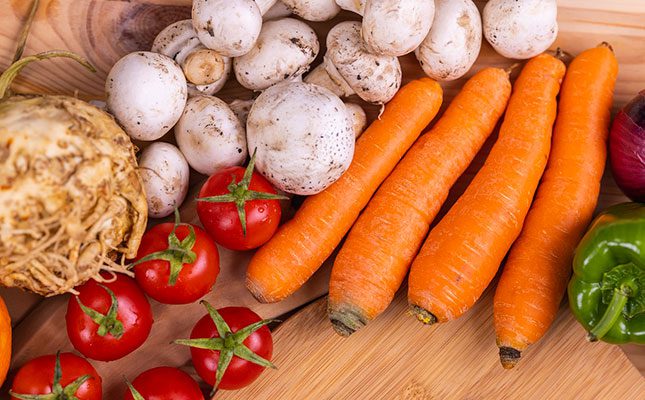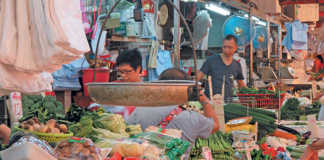
Photo: Pixabay
The fresh produce industry seemed to be facing a “never-ending series of challenges”, ranging from inflation, extreme weather events, rising input costs, logistic disruptions and poor infrastructure, to labour shortages and lagging fresh produce consumption, according to Burns.
“These challenges are not unique to South Africa, but are experienced in various degrees across the world. It is uncertain when the situation will improve,” she said.
She pointed out that inflation was currently the number one concern for consumers, despite inflation seemingly easing. It was also doubtful that the world economy would grow by 2,3% this year, as predicted by the World Trade Organization, because of shifting monetary policies and the unpredictable nature of the war in Ukraine.
“In Europe, for instance, high energy prices, stemming from the war, are squeezing household spending, and there are fears that the raising of interest rates to stem inflation could tip economies into a recession,” Burns said.
She added that South Africa had what it took to overcome these issues. “South Africans have, time and again, shown grit, tenacity and resilience when faced with challenges and headwinds. You find ways to push through. Many other parts of the world can learn from you.”
She said that despite challenges, there were great opportunities for growth, primarily because consumers had become more health-conscious amid a huge escalation in diet-driven diseases. According to the World Health Organization, 1,9 billion adults were overweight globally, whereas 462 million were underweight.
According to research by the European Observatory on health systems and policies, annual health care costs associated with unhealthy diets ranged from US$1,4 billion (about R26 billion) in Australia to US$4,4 billion (R82 billion) in China and US$9,3 billion (R173 billion) in the UK.
IFPA global research conducted in 2022 found that 75% of consumers in Brazil, China, Germany and the US agreed that fruit and vegetables were important, but consumers underestimated the number of recommended servings they ate, did not regularly follow guidelines, and were unconfident that they were getting enough in their diet.
Whereas the World Health Organization recommended people eat 400g (or five servings) of fruit and vegetables per day to reduce the risk of disease and promote good health, research found that 3,4 servings were the average number of fruits and vegetables eaten each day.
Burns said the fresh produce industry had an opportunity and obligation to address this issue. “Many of our current health challenges can be solved by changing what is at the end of people’s forks. It is becoming ever clearer that the solution to many of our health challenges will be solved by F-A-R-M, and not P-H-A-R-M.”
To this end, various countries, such as the UK, Australia and the US, were piloting the use of food prescriptions, prescribed by a doctor as would be done with medicine, to solve the problem.
The US Department of Agriculture, for example, invested US$8 million (R150 million) in produce prescription programmes, and there were 108 food prescription programmes running in 38 states in the country. But to make a real difference, many more were needed, according to Burns.
She encouraged the fresh produce industry to embrace digital technologies and artificial intelligence to enhance production.
She pointed out that 70% of people belonging to Generation Z, born between 1997 and 2012, were following food-related content on TikTok, which were twice as many as the millennials, born between 1981 and 1996. “They are also much more inclined to buy things because they saw it on this social media platform,” she said.
Artificial intelligence solutions, like Chat GTP, could also help to “satisfy the desire of consumers to better connect with the origin of their food”, according to Burns, “even though it might not be with the same passion of a real farmer”.













